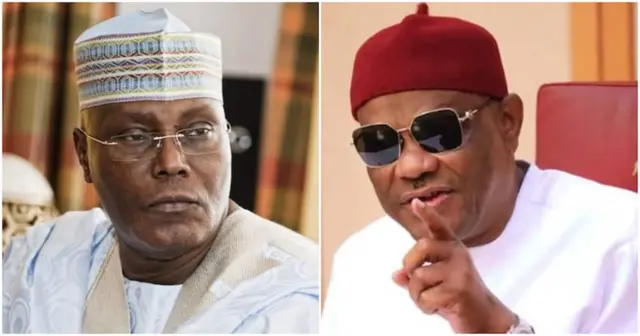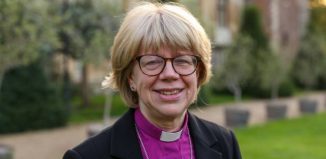The Rivers council elections of August 30 were peaceful, almost unusually so for a state long associated with violent polls. Yet beneath the calm, the outcome revealed a deeper turbulence: Nyesom Wike, Minister of the FCT and undisputed political godfather of Rivers, has tightened his grip on grassroots structures, leaving suspended Governor Siminalayi Fubara politically stranded.
The results were telling — the APC, under Wike’s control, claimed 20 council seats while the PDP managed only three. Most of the winners were loyal to Wike and his ally Tony Okocha. For many analysts, this consolidation marks the minister’s “recapture” of the state’s political soul.
Grassroots control is the oxygen of any politician, especially governors. For Fubara, whose fragile attempts to build his own base have faltered, the loss feels like being pulled out of water. His survival upon return to office on September 18 will depend less on authority and more on submission.
Atiku Abubakar, meanwhile, has decried the entire exercise, calling it “a travesty to the very notion of elective democracy.” He insists that the APC-led federal government is bent on bending the rules for political gain.
The big question, however, is not just about elections, but about peace. Will Wike’s consolidation of power foster stability, or has Rivers merely entered a new ceasefire in an old war?



